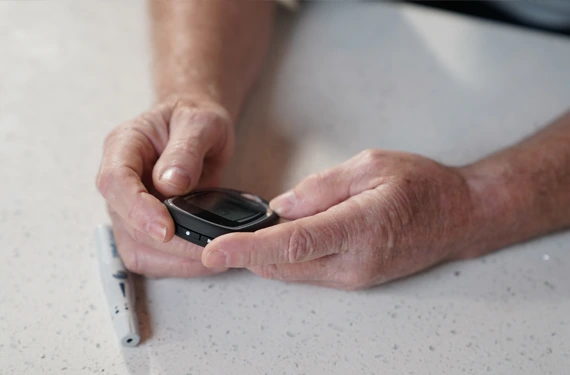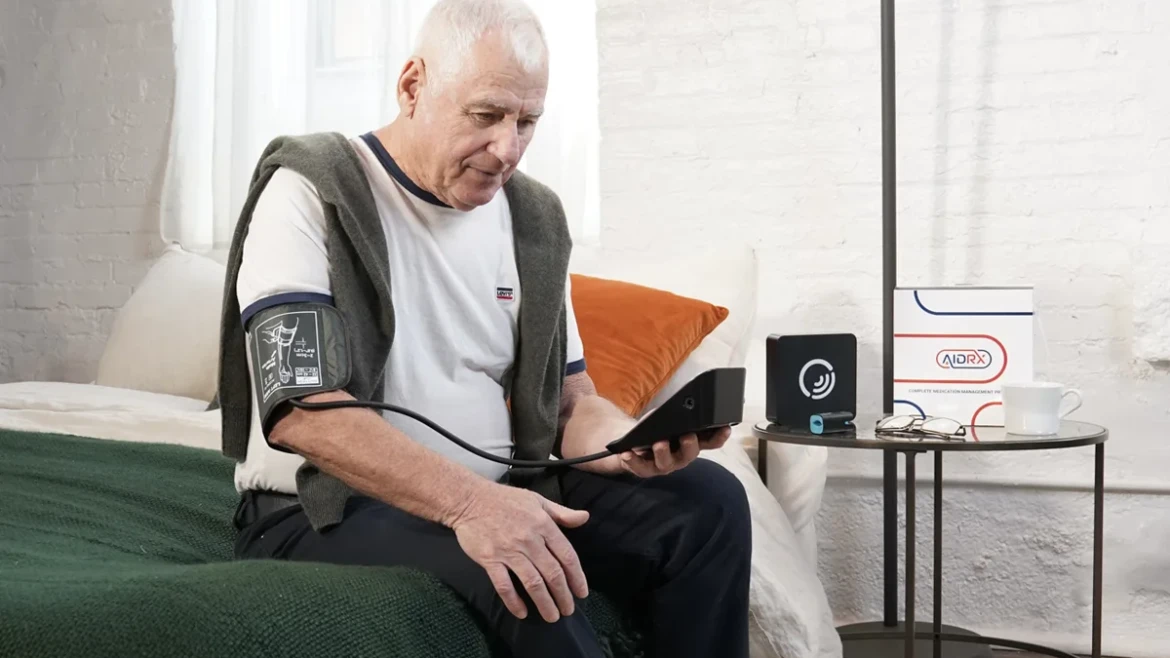
Critical Care Management (CCM) focuses on delivering specialized care to critically ill patients in intensive care units (ICUs) or those requiring immediate and intensive medical attention.
This solution encompasses a comprehensive approach to managing critical conditions, providing specialized monitoring, interventions, and coordination among healthcare providers to ensure optimal patient outcomes.
Key Features:
Continuous Vital Signs Monitoring
Includes heart rate, blood pressure, respiratory rate, oxygen saturation, and other vital parameters to closely track the patient’s condition.
Advanced Life Support:
Implementation of life-saving procedures and interventions to stabilize the patient’s condition.
Immediate Response Protocols:
Prompt responses to critical changes in patient condition to prevent deterioration.
Multidisciplinary Team Collaboration:
Involves coordination among various specialists such as intensivists, nurses, respiratory therapists, and other healthcare professionals.
Communication Protocols:
Ensures seamless communication and transfer of critical information among the care team for timely decision-making.
Transitional Care Coordination:
Ensures smooth transitions from ICU to other care settings, ensuring continuity of care and preventing complications post-discharge.
Rehabilitation Planning:
Includes planning for post-ICU rehabilitation to aid in the patient’s recovery and quality of life.
Diseases and Conditions Suitable for CCM:
- Sepsis and Septic Shock: Management of systemic infections leading to organ dysfunction.
- Acute Respiratory Distress Syndrome (ARDS): Treatment for severe lung conditions affecting oxygenation.
- Traumatic Injuries: Critical care for patients with severe injuries requiring intensive monitoring and interventions.
- Multi-Organ Dysfunction Syndrome (MODS): Coordinated care for patients experiencing failure of multiple organ systems.
- Post-Surgical Critical Care: Immediate and specialized care for patients recovering from complex surgeries requiring intensive monitoring.
Suitable For:
- Medical professionals specializing in critical care medicine.
- Specialists responsible for the management and treatment of critically ill patients in ICU settings.
- Nurses and healthcare personnel directly involved in providing care to critically ill patients.
- Professionals responsible for monitoring vital signs, administering medications, and implementing health metrics in ICU environments.
Benefits:
Enhanced Patient Outcomes
Timely and specialized interventions improve patient survival rates and reduce complications.
Improved Resource Utilization
Efficient utilization of critical care resources, ensuring optimal care delivery.
Care Continuum
Seamless transitions from critical care settings to post-ICU care, ensuring ongoing recovery and rehabilitation.
